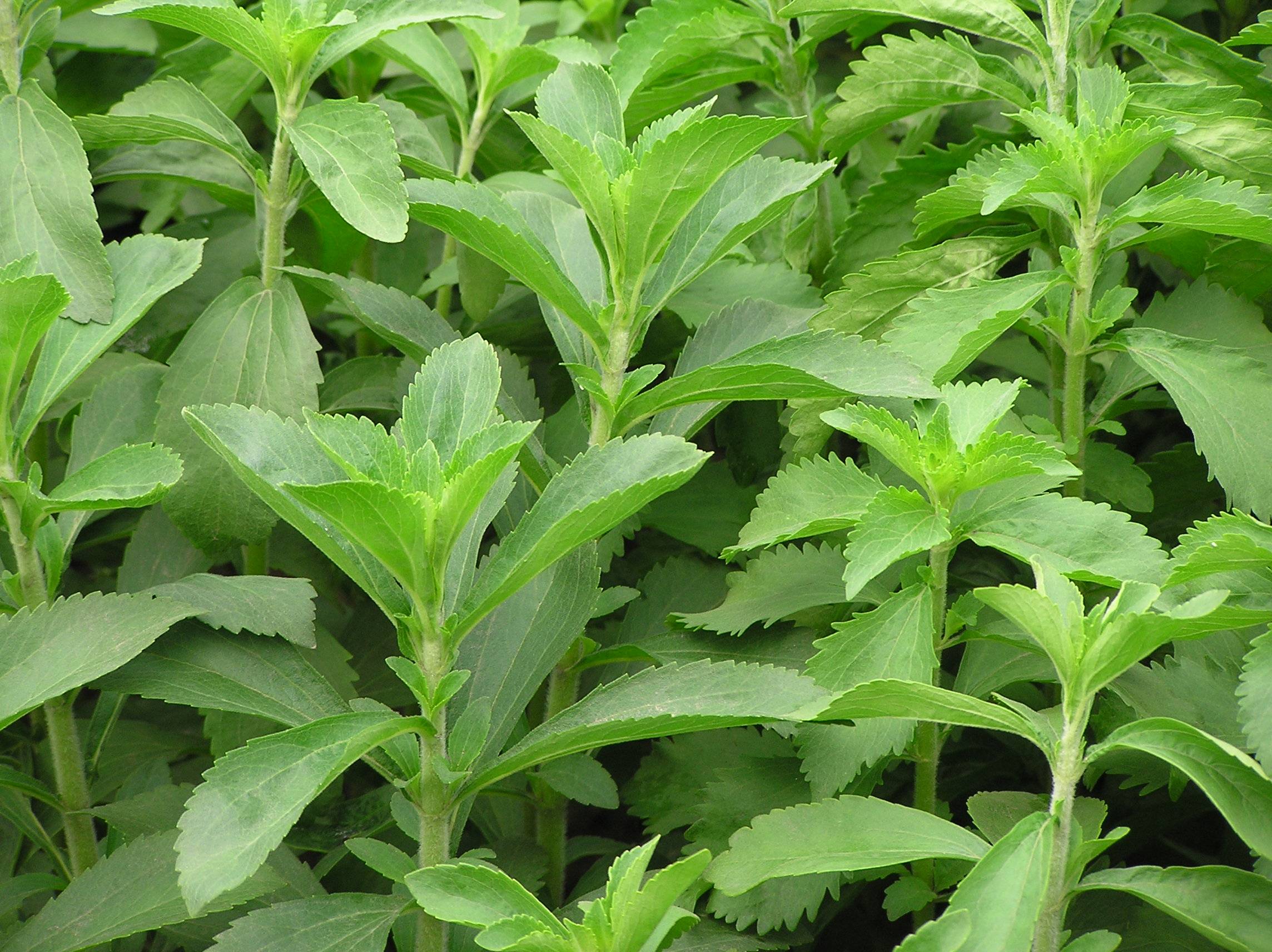
Modernly marketed as a safer alternative to artificial sweeteners, the cruder forms of this natural plant sweetener is still denied as completely safe by the Food and Drug Administration. The extract chemical substance, however, is allowed by companies to use. The no-calorie sweetener has been shelved at most whole foods grocery venues, regarded as “safer” than aspartame or sugar.
In studies, those who had a meal with stevia extract, instead of sugar, had lower levels of blood sugar after eating. And, the same group also had lower levels of insulin production than those who ate sucrose or aspartame. In conclusion, this newer form of sweets is a hugely favorable alternative to most any sweeteners on today’s market. But, there are some written concerns given by different studies:
Stevia may negatively interact with given anti-fungals, with anti-cancer agents, with drugs that increase urination, and much more to list. An expert warns, “People should consult their doctor before taking in stevia in large amounts.” But, this appears to be the case for
the whole plant’s crude leaves. Labels of stevia at your local stores most likely have Rebaudioside A, which is the safer form of the plant.
There have been many other sweeteners in our past that were marketed as healthier than sugar or splenda, but failed to keep its claims later in further research. That “trend” alone can give concerns enough to employ further tests.
Still, some studies suggest that consuming this alternative may be beneficial to health. For those not diabetic already, the help of lower blood sugar levels would serve better than processed fructose. Although, a lifestyle may not completely turn around, the proper natural extract has its advantages in not giving additional calories. But, If there is a watch-out for consumers of stevia, it is that various companies have used different methods of producing their products with different results to each. Certain brands, like Truvia, uses 40 steps of chemical processing that give harmful byproducts to get the extract. A number of critics in health may avoid this particular label.
There are understandable raises for such debate on the plant. Locals of Mexico had been enjoying it as a food ingredient since hundreds of years ago. It is arguably a simple additive to those who do not extensively trial with different methodologies for its metabolic effects in the body. Different effects for most any chemical substances have been given in conclusion with different study methods. Stevia plant may likely become a topic similar to marijuana plants, for their effect on cancer and effect on brain function.
Alternatives are rapidly catching on, for their favors of being better off than its past competitors. Most any conscious eaters that wish to keep a regulated diet can most likely bet themselves on a select number of labels to do the job for their health. The FDA has definite and greatly plausible reasons to warn the public, and the acute researchers have great backing statements on stevia’s modern and justified rise to markets. It’s wisest to eat with knowledge of specific facts.
By Hark Hyun Lee
Sources:
LiveScience
100Days

